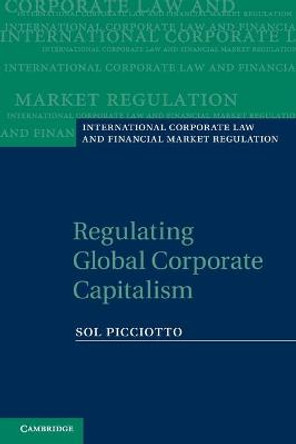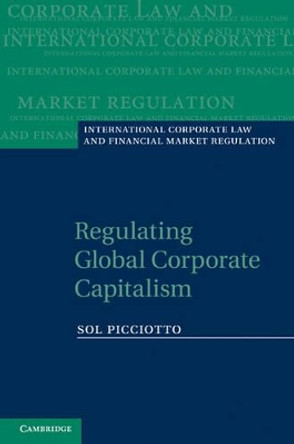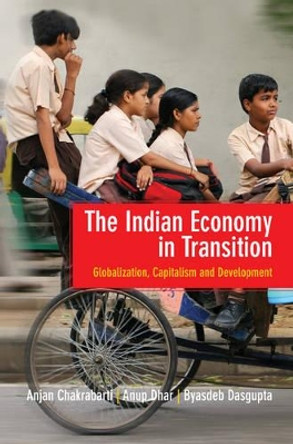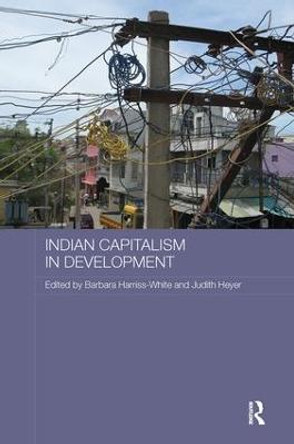Description
An eye-opening portrait of global capitalism spanning 150 years, told through the history of the Tata corporation.
Nearly a century old, the grand facade of Bombay House is hard to miss in the historic business district of Mumbai. This is the iconic global headquarters of the Tata Group, a multinational corporation that produces everything from salt to software. After getting their start in the cotton and opium trades, the Tatas, a Parsi family from Navsari, Gujarat, ascended to commanding heights in the Indian economy by the time of independence in 1947. Over the course of its 150-year history Tata spun textiles, forged steel, generated hydroelectric power, and took to the skies. It also faced challenges from restive workers fighting for their rights and political leaders who sought to curb its power.
In this sweeping history, Mircea Raianu tracks the fortunes of a family-run business that was born during the high noon of the British Empire and went on to capture the world's attention with the headline-making acquisition of luxury car manufacturer Jaguar Land Rover. The growth of Tata was a complex process shaped by world historical forces: the eclipse of imperial free trade, the intertwined rise of nationalism and the developmental state, and finally the return of globalization and market liberalization. Today Tata is the leading light of one of the world's major economies, selling steel, chemicals, food, financial services, and nearly everything else, while operating philanthropic institutions that channel expert knowledge in fields such as engineering and medicine.
Based on painstaking research in the company's archive, Tata elucidates how a titan of industry was created and what lessons its story may hold for the future of global capitalism.
About the Author
Mircea Raianu is a historian of global capitalism and modern South Asia. He is Associate Professor of History at the University of Maryland.
Reviews
Raianu's book, the first by an academic historian mining the company's archives, attempts to explain its rise and longevity without resorting to its own mythmaking...The account of how one conglomerate came to dominate India's economy for much of the past 150 years makes timely reading for those reflecting on whether capitalism and corporate power in India is entering a new era. -- Benjamin Parkin * Financial Times *
Raianu's book, as he makes clear, is not an expose or a denunciation of the Tata myth; rather, it is a close analysis of the company's historical development, particularly the way it was able to weather a series of major political and economic changes, including Indian independence and the rise of state planning. A work of scrupulous historical scholarship...Shed[s] light on the history of capitalism in India-and globally. -- Thomas Crowley * Jacobin *
[A] meticulously researched biography of the Tata empire...The influence the conglomerate has on Indian life is all-pervasive and overwhelming...Raianu's book relies primarily on the company's archives, and is, as such, unique, for as an outsider he is able to take a step back and see the group from a broader, global context. -- Salil Tripathi * Mint Lounge *
Mircea Raianu's study of the Tatas is an exciting intervention into the business history of India. Using a host of new archival materials, Tata will prove valuable to anyone interested in India's largest corporation and the history of global capitalism. -- Douglas Haynes, author of Small Town Capitalism in Western India
A highly readable work of meticulous scholarship, Raianu's is the first study of the Tatas by a professional historian. This will be an indispensable book for all who are interested in the rise of Indian capitalism. -- Medha Kudaisya, author of The Life and Times of G.D. Birla
Mircea Raianu's impeccably researched and rigorously argued Tata is the definitive study of the pioneering global corporation without which neither the Indian economy nor the Indian consumer will likely survive. It is also an exemplary model for a new kind of business history that skillfully weaves together reflections on capitalist economics, nationalist politics, corporate culture, and the ethics of entrepreneurship. -- Sumathi Ramaswamy, author of Terrestrial Lessons: The Conquest of the World as Globe
What role did India's storied business house play in the formation of the modern nation state? Mircea Raianu retrieves from the company archives a story that has not yet been told about Tata's image as the quintessentially Indian entity that is also a thoroughly global company. This superbly researched business history offers a nuanced explanation of the link between the company's fabled philanthropic legacy and its corporate interests worldwide. -- Tarun Khanna, author of Trust: Creating the Foundation for Entrepreneurship in Developing Countries
Well-researched...the Tata corporation is unique in the history of corporations because it survived through a long history of political economic changes...Raianu navigates both the self-making and the making of India's leading corporation exploring how Tata achieved this unique outcome...At an important level, this book is a searching exploration of this boundary between corporate and sovereign functions. -- Sheetal Chhabria * International Journal of Asian Studies *
Awards
Joint winner of Thomas J. Wilson Prize 2020 (United States). Long-listed for Gaja Capital Business Book Prize 2021 (United States) and Karwaan Book Prize 2022 (United States).
Book Information
ISBN 9780674984516
Author Mircea Raianu
Format Hardback
Page Count 304
Imprint Harvard University Press
Publisher Harvard University Press









